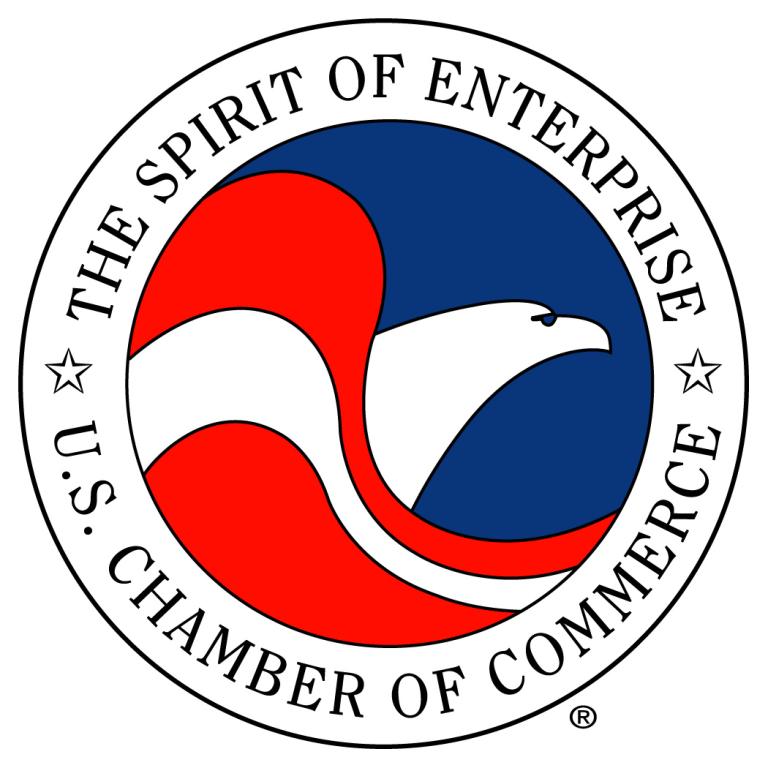I love reading Matt Taibbi. I mean, who else puts together a sentence like this?:
The world’s most powerful investment bank is a great vampire squid wrapped around the face of humanity, relentlessly jamming its blood funnel into anything that smells like money.
Funny and righteous at the same time. Good stuff. But in a piece he wrote for Rolling Stone this past July, he made some awfully curious — and curiously unsupported — allegations about carbon markets:
…if the Democratic Party that [Goldman-Sachs] gave $4,452,585 to in the last election manages to push into existence a groundbreaking new commodities bubble, disguised as an “environmental plan,” called cap-and-trade. The new carbon-credit market is a virtual repeat of the commodities-market casino that’s been kind to Goldman, except it has one delicious new wrinkle: If the plan goes forward as expected, the rise in prices will be government-mandated. Goldman won’t even have to rig the game. It will be rigged in advance.
Yikes. It’s pretty scary stuff, but Taibbi doesn’t elaborate. At all.
Which is frustrating.
It’s frustrating because this is precisely the kind of thing you hear all the time from cap and trade critics. Taibbi’s telling a big hairy ghost story here, but because he doesn’t explain it we can’t know whether to be spooked or just laugh it off. At minimum, somebody needs to explain how it is that a carbon-credit market will replicate the commodities market in ways that make it eligible for gaming by Goldman or others. And then someone needs to explain why that risk — if it’s even true — is worse than the risk of failing to cap carbon.
That’s where Paul Krugman comes in.
In his NYT blog, also this past July, Krugman penned what I thought was a terrific rhetorical response to this kind of thinking:
…there’s also, it seems, growing opposition to cap-and-trade from people who should be on the side of progress — but whose reaction is basically “Eek! Markets! Wall Street! Speculation! Bad!”
He explains:
Any time you have a market, there’s some opportunity for speculation… For example, the fact that wheat is traded means that there’s also a wheat futures market; and because wheat can be stored, futures prices affect spot prices.
So, should fear of speculation lead us to ban trading in wheat? Nobody would say that. Yes, sometimes speculators will get it wrong — but the advantages of having a wheat market vastly overshadow the possible harm that may sometimes come from speculation.
Now substitute “emission permits” for wheat. It’s exactly the same story.
Krugman goes on to address a couple of related concerns. A carbon market will not be like the Enron-manipulated energy markets for a couple of important reasons. And carbon speculation wouldn’t replicate the 2008 commodities price surge because, according to Krugman, that price surge wasn’t actually driven by speculation. But even if you think the prices were speculation-driven, Krugman points out that pretty much no one wants to shutter commodities markets.
Instead, the proper solution to market manipulation is market regulation, not banning markets. Toward that end, it should be comforting to see robust legislative programs for regulating carbon markets, such as the Feinstein-Snowe Carbon Market Oversight Act of 2009, which Lisa has already written about, not to mention the stringent regulatory provisions included in the Clean Energy Jobs Act, the primary cap-and-trade vehicle in the US Senate.
Not that there isn’t more to do, perhaps. Carbon market oversight will be critical to the success of a cap-and-trade program. So rather than engaging in speculative market-bashing, I’m hoping that progressives will get to work on designing smart market regulations.
This post was originally published on Sightline’s Daily Score blog.



